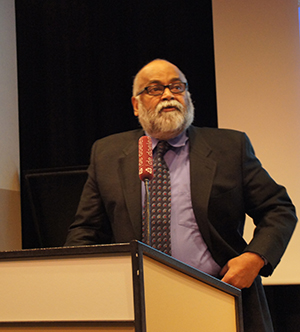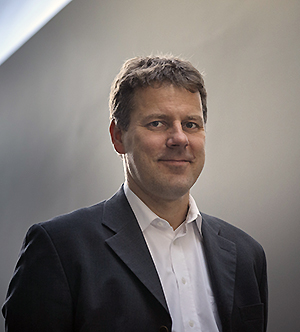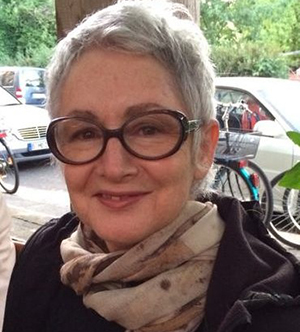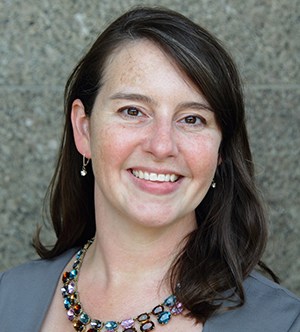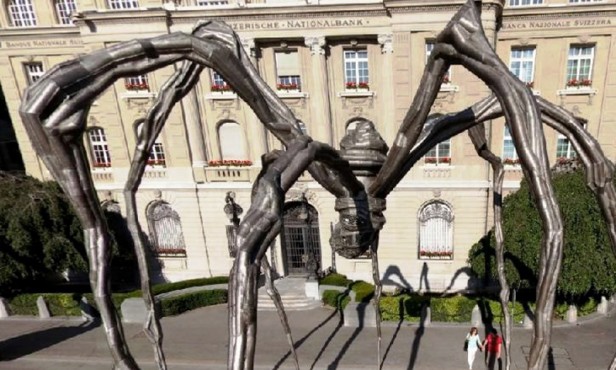My current research project on television advertisements for financial services started as an aside in an article in progress on Frank Herbert’s SF classic Dune. In it I argue that Dune’s protagonist Paul Atreides is a prototype for the exemplary postindustrial subject that would emerge as a dominant neoliberal ideal twenty-odd years later, what Wendy Brown has called the “entrepreneurial actor” and Martin labels the risk-capable investor (Martin, 20).
In Paul a sardonic, instrumentalized affective flexibility combines with a computational capacity for speculative extrapolation to uncouple him not just from self and history, but from space and time as well. As he can “move within himself,” so he can project his awareness into the roiling timescape, seeing “many places at once” (13). In doing so, he is responding to the structural demands of a globalized and networked capitalism. As the time frame for acting on one’s knowledge of market fluctuations shrinks ever closer to zero, the perspective needed to apprehend them extends deeper into the connections of the present, the entailments of the past, and the possibilities of the future. Just as Benjamin’s work in the Arcades Project can be read as showing how the burgeoning complexity of the Modern industrial marketplace exceed the grasp of any fixed position of Napoleonic or Hausmann-esque perceptual mastery, demanding instead the mobile, multi-perspectival experiential montage of the flâneur, so the speed and complexity of the global marketplace of postindustrial capitalism demands a perspective that can not only surveil the present—all of it, all at once—but “sample the winds of the future” (Dune, 193) as well.
There is a clear linkage between a panoptic, non-local subjectivity such as Paul’s and Istvan Csicsery-Ronay Jr.’s description of the decentralized global networks of capital and power in Empire. Like Paul, Empire “exhausts and suspends historical time… its physical space is limitless, open to perpetual expansion, and its social space is open to variety, hybridity, and relentless denaturing… Empire intervenes both in the social world and in the minds of individuals, two spheres [its practices] fuse” (“Science Fiction and Empire” 237). Randy Martin describes subjects like Paul—so in tune with both the form and the demands of Empire—as having a self “dispossessed of a secure past, present, and future” (Empire of Indifference, 36). Unmoored from history and continuity, Paul achieves an unprecedented mobility and flexibility allowing him to “prey[] on marginal fluctuations [and] balance with alarcity” where the obsolete, encumbered stable subject would stand fast (Martin, 36). His batch produced performances of interiority are tuned, not merely to his observations of his immediate surroundings and his immediate interlocutors, but to the whole social system in both its present and its many possible future states.
Paul’s combination of panoptic surveillance of the timestreams with expanded knowledge of the present, and the capacity to batch produce his affect in response to both, is a performance of self that closely resembles the temporal logic of financial speculation and military pre-emption. Identifying possible threats and opportunities in possible futures, and then moving preemptively to manage them, volatilizes the present in an attempt to contain the future (Martin, 19, 34, 36). As Irulan’s epigraph on prescience suggested, in such a speculative regime it is hard to distinguish “How much is actual prediction … and how much is the [Paul] shaping the future to fit the prophecy” through his arbitrage in the present (277).
Yet in order to activate the flexible, responsive techniques of his weaponized ecological and affective literacies, Paul must surrender his self-direction and become increasingly reactive. Where others decide for themselves, “the arbitrager is embedded in the decisions of others, surfing the waves of decision and deriving unseen value from the undertow” (Martin, 22). Here yawns what Leonard Scigaj called “the trap of prescience” (343) in Dune: when sensitivity to opportunity shade into reflexive response, individuality and masculine autonomy are lost to an automated, deterministic rehearsal of the reactions to stimuli technique demands.
As Juan A. Prieto-Pablas has argued, “the science fiction superhero… [offers] an exemplary instance of the symptoms which a new view of reality made possible… the result is a kind of hero in whom the reader’s fears are projected more intensely than their desires” (73). Emulating the mobility, flexibility, and universality of postindustrial capital, Paul gains effectivity (as an arbitrageur) in proportion to the self-abnegation of his own distinguishing properties. To become “man enough” (effective enough) to meet the postindustrial marketplace on its own terms, Paul must surrender almost everything traditionally associated with masculine interiority.
The novel’s proto-financialized approach to subjectivity and agency, and its pathological result—neither schizophrenia nor anesthesia, but sociopathy—differed from other writing of the time, but seem increasingly familiar to us now. Dune articulates an SF parabola within which sociopathic antiheroes such as Batman’s Bruce Wayne, Watchmen’s Ozymandius, American Psycho’s Patrick Bateman, and Dexter’s Dexter Morgan continue to operate today.
In the midst of working through the implications for the form of posthuman, postindustrial subjectivity Herbert’s novel presents, I stumbled across Morgan Stanley’s 2007 television spot, “World Wise”:
Morgan Stanley_World Wise
This short video brilliantly and viscerally communicated the subjectivity of “one who can be in many places at once.” Goldman and Papson, discussing this ad in Landscapes of Capital, point out that rather than employing the conventional trope of “looking down on the globe from afar to conceptualize it as a whole, viewers are positioned by the camera’s point of view to share the panoptic eye’ whose mastery is claimed here by Morgan Stanley, one able to “envision the otherwise determinately abstract flows of the geopolitical forces that shape portfolios….. [The ad thus constructs] a political-economic landscape that it implies can neither be assembled nor understood from a lay perspective” (201).
The ad needs to simulate a posthuman perspective, spatially and temporally unbound, in order to articulate the complexity of the market. The scale of that complexity, in turn, alienates and seems to disqualify any local or human attempts to understand or effect change upon it. The ad is thus both constructs and performs an elite subjectivity that claims privileged access to and agency within our global moment–exactly the kind of subjectivity that was being constructed and coded as “heroic” in the SF and fantasy I was working with in my dissertation project.
I’m still working out how deep and how meaningful those connections and correlations are. I look forward to sharing that work with you.
Attebery, Brian. “Science Fiction Parabolas: Jazz, Geometry, and Generation Starships.” Parabolas of Science Fiction. Eds. Brian Attebery and Veronica Hollinger. Middletown, CT: Wesleyan UP, 2013. 3-23. Print.
Benjamin, Walter. The Arcades Project. Trans. Howard Eilen and Kevin McLaughlin. Ed. Rolf Tiedmann. Cambridge, MA: Belknap Press of Harvard UP, 1999. Print.
Csicsery-Ronay Jr, Istvan. “Science Fiction and Empire.” Science Fiction Studies 30.2. 231-245. Print.
Goldman, Robert, and Stephen Papson. Landscapes of Capital: Representing Time, Space, and Globalization In Corporate Advertising. Cambridge: Polity Press, 2011. Print.
Hardt, Michael and Antonio Negri. Empire. Cambridge: Harvard UP, 2000. Print.
Herbert, Frank. Dune. 1965. Berkley Mellon Books, 1977. Print.
Martin, Randy. Empire of Indifference: American War and The Financial Logic of Risk Management. Durham: Duke UP, 2007. Print.
Prieto-Pablos, Juan A. “The Ambivalent Hero of Contemporary Fantasy and Science Fiction.” Extrapolation: A Journal of Science Fiction and Fantasy 32.1. 64-80. Print.
Scigaj, Leonard M. “Prana and the Presbyterian Fixation: Ecology and Technology in Frank Herbert’s Dune Tetralogy.” Extrapolation 24.4 (1983). 340-355. Print.



